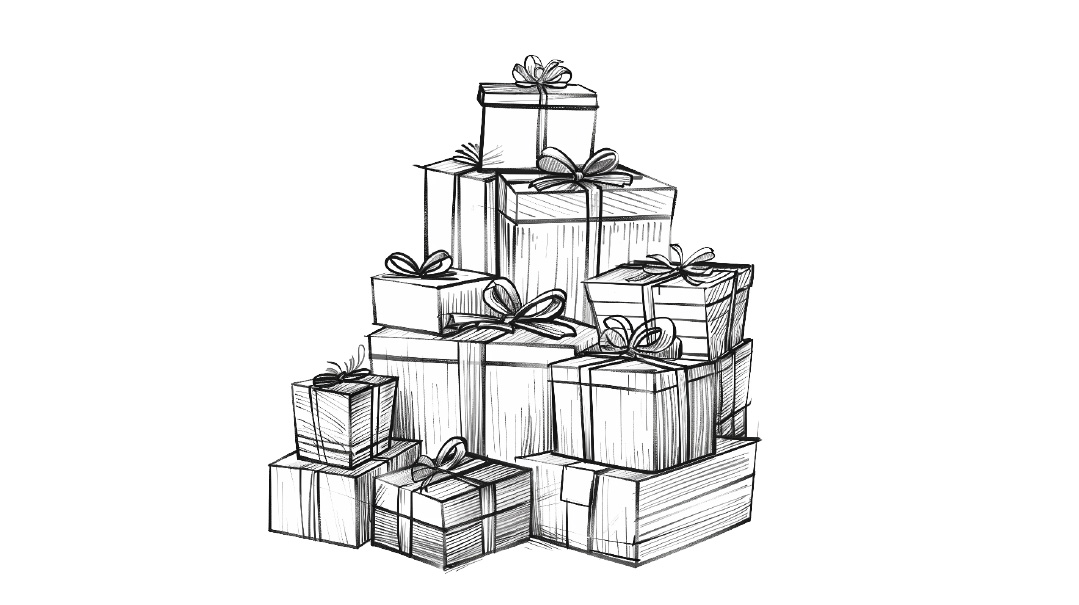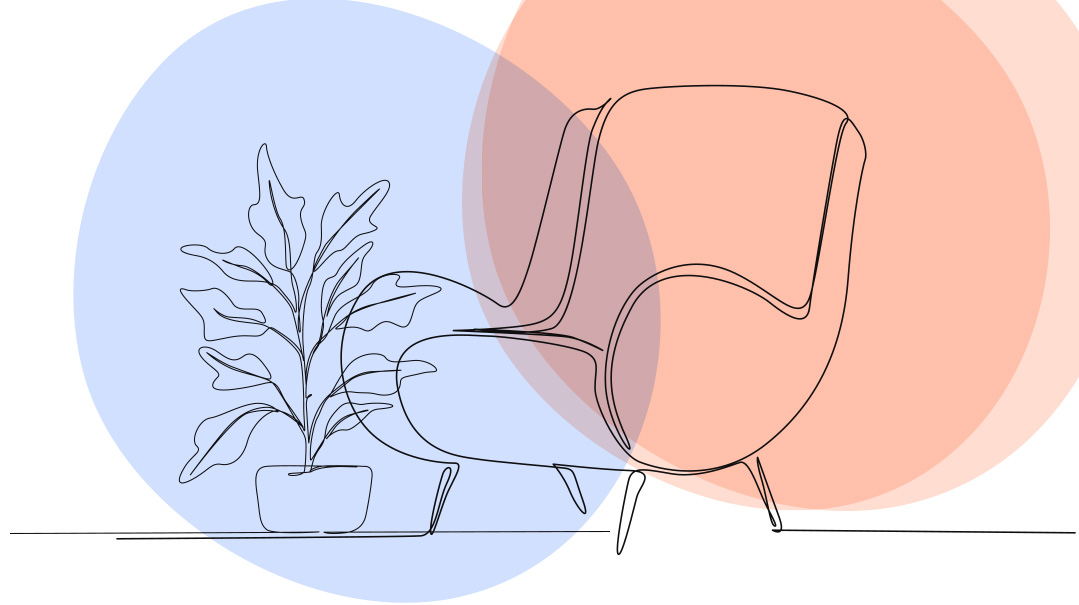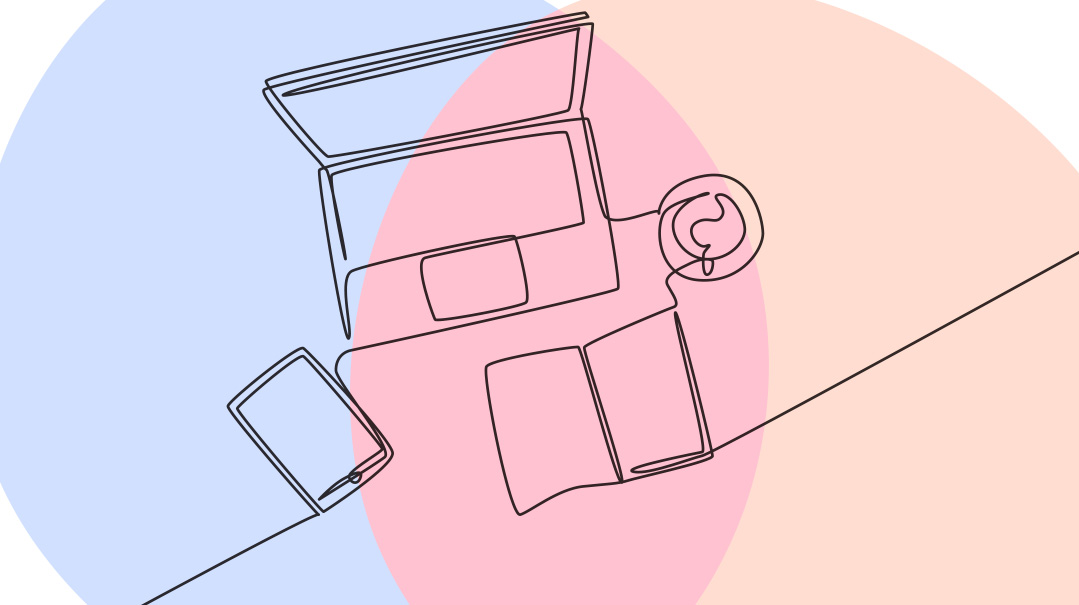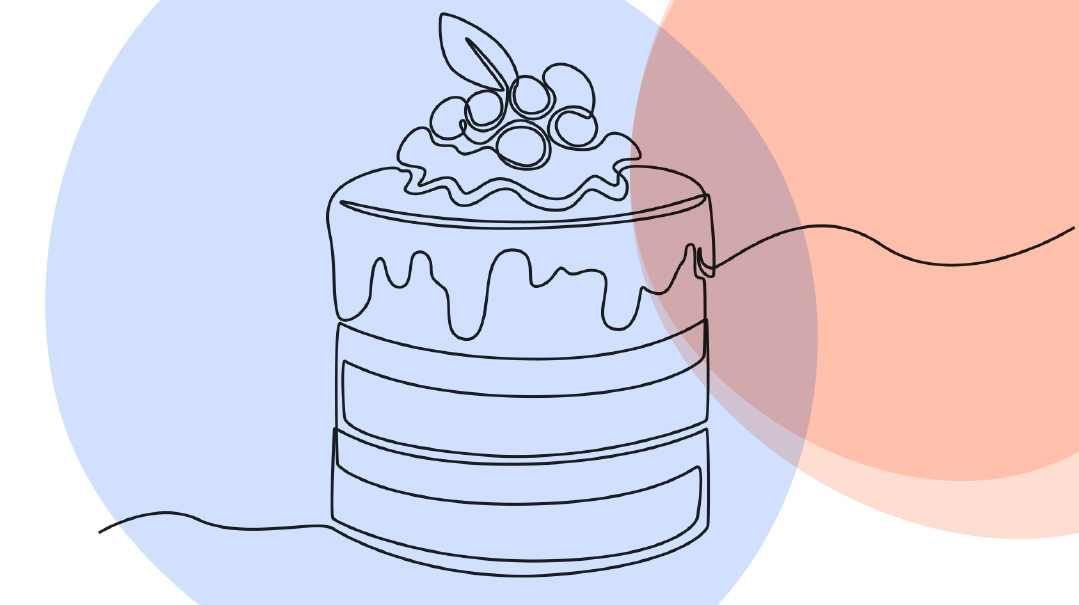That’s Outrageous
| October 6, 2022Outrage is today’s currency of choice — but it comes at a heavy price
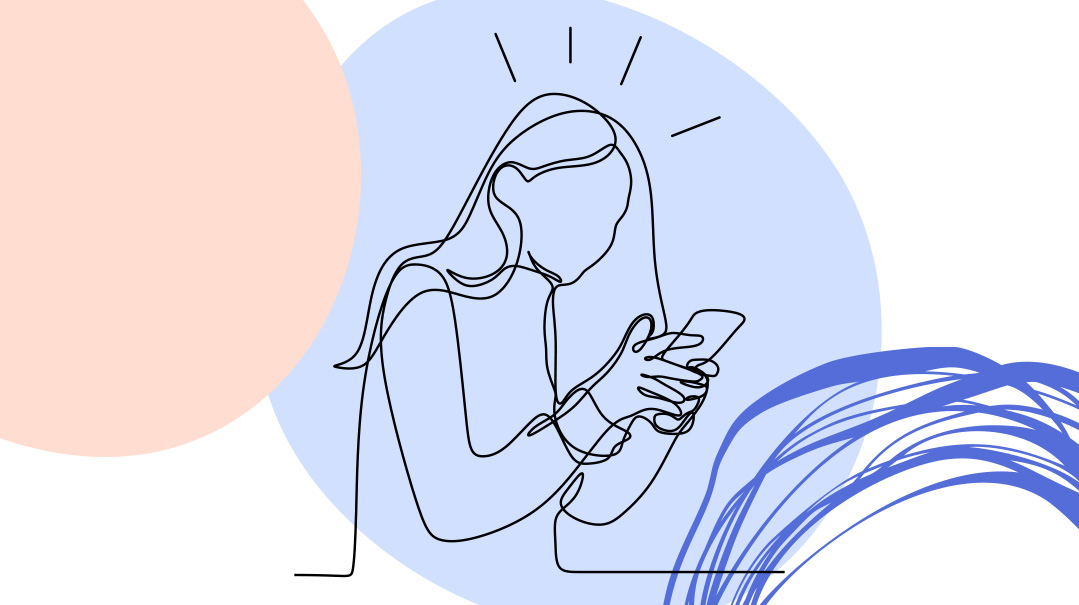
Can we talk about outrage?
It feels so good, particularly when we’re outraged about an injustice. The righteous indignation rushes through our veins and makes us feel strong, powerful, virtuous. Social media, specifically, thrives on exactly this sort of outrage.
Outrage can be important. If something terrible is happening, we need to get angry and insist we won’t allow this to happen in our community. If others are being abused, if dangerous messages are flourishing, if people are ignoring a travesty, we need to channel appropriate anger to create change.
But lately, outrage has become daily fare, the currency of choice in social media, a sure-fire way to get clicks and likes. There are downsides to all this indignation, a heavy price to pay for the fury. Here are some of the losses:
What the Outraged Lose
- Loss of positivity: We’re enjoined to develop an ayin tovah. We’re commanded to judge others favorably. A Torah Jew is meant to be a generally positive person, a person who views others as essentially good.
We recently hosted a couple in their 60s who’d just moved onto our block. What was immediately apparent was what a warm, generous spirit the woman had. She had an endless stream of kind things to say. To my son: “What a great question! No one has ever asked us that. I love the way your mind works!” To my daughter: “Your English is excellent. What a rich vocabulary!” To me: “We don’t eat dessert, but wow, that ice cream cake has such beautiful colors.” To my little guywho barely opened his mouth: “What a beautiful smile. It lights up your whole face!” By the time they left our home, every member of my family was standing a little taller, feeling great about themselves. And I thought, this is who I want to be when I grow up.
When we rail against comments or articles that missed the mark, whipping ourselves and others into a frenzy, we’re doing the exact opposite. We’re becoming people who always assume the worse of others, who leave no room for errors of judgment, who shame and blame freely. There’s no way that won’t seep into the rest of our lives, straining our closest relationships and darkening our homes.
- Loss of Balance: I think we’d all agree that a struggling adolescent is going to have a very hard time if he’s raised in an environment in which wearing jeans is treated with the same horror as being mechallel Shabbos. Similarly, when every mistake and every misstep is treated with outrage, we lose our perspective. Outrage must be reserved for truly heinous crimes.
There are other emotions to express upset — displeasure, sadness, frustration, disappointment. All of those are correct and appropriate at times. But when everything is painted with the brush of outrage it’s hard to keep internal stock of what’s truly critical.
- Confusing Feeling with Doing: One of the reasons outrage is so satisfying is because it gives us the sense of accomplishment, of making things happen — without us actually having to do a single thing. It’s easy to stand on the sidelines and hurl insults at those in the ring, to belittle and denigrate people with some level of influence, and to feel like we put in a good day’s work. But are these the bricks that actually build a better world? Or do they bruise others and then fall to the ground? While it’s so much harder, think of what our world would look like if each of us did a concrete action once a day, once a week, to truly ease another person’s suffering.
What the Objects of the Outrage Lose
We live in an increasingly harsh world. In wider society, cancel culture is raging. A single misstep, a point of view that doesn’t follow current woke values, can destroy someone’s entire life. I naively thought that frum society was better than that, above that. I’ve learned otherwise.
As someone who works for a prominent publication, who is in the public eye, whose every mistake is seen by 100,000 readers — and who has watched her publication be lambasted and decried and denigrated in vicious terms — let me tell you how that hurts us.
- Loss of creativity. Creativity thrives in wide open spaces, when we’re able to think big and dream without limits. “The worst enemy to creativity is self-doubt,” said a famous 20th century poet. The specter of attack sucks dry creative juices and causes ideas to shrivel before they have a chance to be developed.
- Viewing mistakes as catastrophic. One of the things I noticed almost immediately upon joining the staff of the magazine was a refreshingly healthy view of mistakes. All mistakes, from the smallest typo to the most glaring misjudgments, were taken seriously. They were tracked and traced — how did this happen, at what point in the chain did things fall apart — and a plan was put into place to prevent that mistake from happening again. And then we moved on.
That was the secret: the knowledge that mistakes wouldn’t destroy us — the realization that mistakes would be made because we are human and humans err, and we can fix our mistakes and move on. In such an atmosphere one is able to be creative, to try new things. Some ideas will succeed, some will fail — and that’s okay. Until it wasn’t.
In the past year or two, the response to mistakes from the outside world has been brutal. Every mistake seems catastrophic. Suddenly, decisions become defensive. Each idea is examined again and again for who it may possibly insult, how it might be misconstrued.
It’s tempting to never rock the boat, to never take a stand, to never publish anything that could ruffle any feathers. Yet such an approach would drain the vitality out of the magazine, make it plastic and sterile. But how can we create groundbreaking content while looking over our shoulders in fear?
- Feeling besieged. I’ve always viewed our readers as friends, as people who like us and believe in us and want us to succeed. I still believe that this is the case. But there are others, many of whom, ironically, don’t actually read the magazine. They don’t buy it, don’t read it — but they wait to pounce. As soon as they’re alerted to anything we’ve published which doesn’t pass their muster, they attack. And it’s no-holds-barred. There’s public shaming and name-calling, verbal assault and scathing insults.
To be on the receiving end of all that is soul-sapping. Believe me, anyone who has a job like mine is well-aware of the responsibility they have. There are many sleepless nights, endless deliberations, constant checking in with self and others to ensure that what you publish is something that will be positive and helpful, something we will be proud of after 120 years.
We won’t always get it right. We know that, and we welcome feedback. We’ll always listen, consider, tweak and fine-tune.
But once the conversation moves from this was wrong to you are wrong, the discussion is over. There’s no room for back and forth, there’s no space for exploration and growth. You just want to retreat and hide.
I’m sure many of you have had your own experiences with the corrosive impact of outrage, have watched someone toss a lighted match into your world without a backward glance. And I wonder: why are we allowing the ones who yell the loudest to have the final word? Can we add our voices to the discussion?
Looking Ahead
No one should be silenced, but let’s use our speech with care.
No one should be above reproach, but let’s view honest mistakes as human, not evil.
No one should ignore injustice, but let’s aim to improve rather than annihilate.
Outrage is crucial.
It’s also potent.
Let’s use it in tiny drops, while flooding the world with kindness.
(Originally featured in Family First, Issue 813)
Oops! We could not locate your form.

